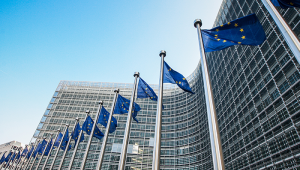High ethical standards and strong institutions are essential to the region’s future, it has said in a report committing it to intensify efforts in this area.
“ADB regards the strengthening of governance and institutional capacity of its developing member countries as integral to achieving a more inclusive and sustainable future for Asia and the Pacific,” said John Versantvoort, who heads the ADB’s Office of Anticorruption and Integrity.
“ADB remains committed to promoting the highest ethical standards in our operations, in our developing member countries, and among our staff to deliver better development results for the region.”
The OAI’s 2018 annual report released yesterday said that in 2018 the ADB had concluded 57 investigations into integrity violations in operations that it finances.
Among the 45 cases that resulted in remedial action, the ADB debarred 80 firms and 25 individuals from its programmes.
The OAI also enforced debarment on 272 firms and 48 individuals as part of an agreement with other multilateral development banks.
The report said that these actions have enhanced integrity within ADB-related activities and improved the business environment in developing states that are members of the bank.
Last year the ADB ranked first in the International Aid Transparency Index, which recognised its commitment to good governance, a bank priority under its Strategy 2030 development blueprint for Asia and the Pacific.
The ADB is supporting efforts by Bhutan, Mongolia, Papua New Guinea, and the Philippines to establish regulations to combat money-laundering and the financing of terrorism.
It has also helped developing member states such as the Maldives, Marshall Islands, Papua New Guinea, the Philippines, Samoa, and Thailand to adjust their tax administrations to international standards on tax transparency and integrity.














